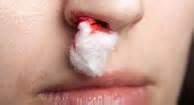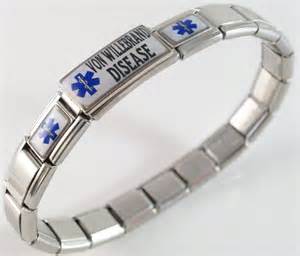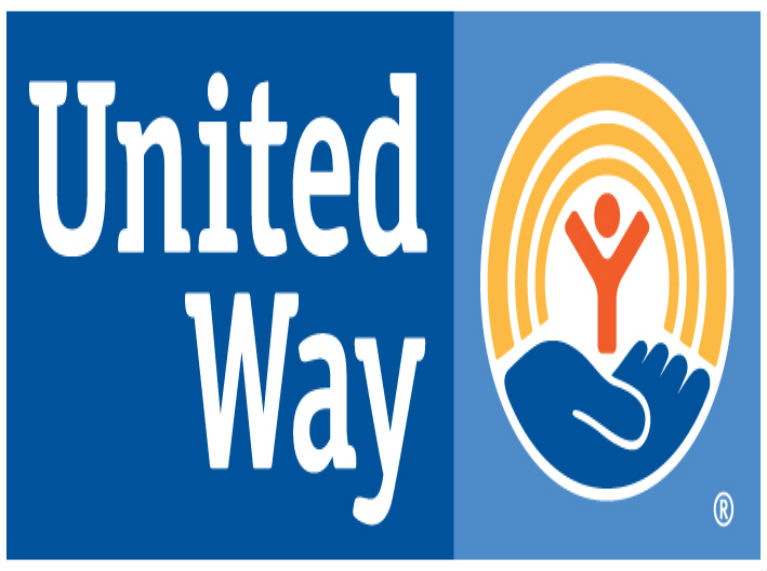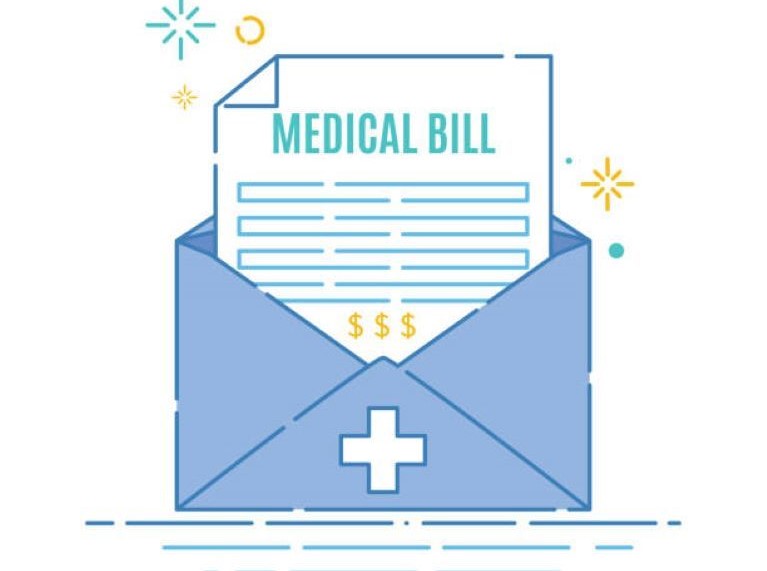
Von Willebrand Disease (vWD), an inherited bleeding disorder characterized by soft tissue bleeding, is the most common bleeding disorder, occurring in up to 3% of the population. People with vWD may experience easy bruising and nose and gum bleeding (including during dental procedures). It occurs with similar frequency in men and women. However, it can impact women more due to childbirth/menstruation (women whose periods regularly last longer than a week may have an underlying bleeding disorder that may be treatable).
Von Willebrand disease arises from either a quantitative (low amount) or qualitative deficiency (normal amount but abnormal von Willebrand Factor  (vWF) protein, which is required for platelet adhesion and aggregation). When a blood vessel is injured, platelets clump together to plug the hole in the vessel. Von Willebrand factor acts like glue to help the platelets stick together and begin to form a clot.
(vWF) protein, which is required for platelet adhesion and aggregation). When a blood vessel is injured, platelets clump together to plug the hole in the vessel. Von Willebrand factor acts like glue to help the platelets stick together and begin to form a clot.
There are three types of vWD. Type 1 vWD (~75% of cases), the mildest and most common form, arises from low levels of vWF. Type 1 rarely causes life-threatening bleeding. Oral or nasal (spray/puff) treatment (desmopressin) is available for most surgery, dental procedures or trauma.
 In type 2 vWD, the amount of von Willebrand factor may be normal but it doesn’t work well. It divides into subtypes: 2A, 2B, 2M and 2N. Different gene mutations cause each type, and each may be treated differently. In most type 2 cases, desmopressin is not effective and it should be avoided in the case of type 2B. Type 3 is the most severe form of vWD and often requires replacement clotting factor. Some people with vWD may need treatment after trauma or with surgery, or proactive treatment to control bleeding, as with heavy menses. Oddly, vWD can also affect dogs (notably Doberman Pinschers). It is named after Erik Adolf von Willebrand, a Finnish pediatrician who first described it in 1926.
In type 2 vWD, the amount of von Willebrand factor may be normal but it doesn’t work well. It divides into subtypes: 2A, 2B, 2M and 2N. Different gene mutations cause each type, and each may be treated differently. In most type 2 cases, desmopressin is not effective and it should be avoided in the case of type 2B. Type 3 is the most severe form of vWD and often requires replacement clotting factor. Some people with vWD may need treatment after trauma or with surgery, or proactive treatment to control bleeding, as with heavy menses. Oddly, vWD can also affect dogs (notably Doberman Pinschers). It is named after Erik Adolf von Willebrand, a Finnish pediatrician who first described it in 1926.


